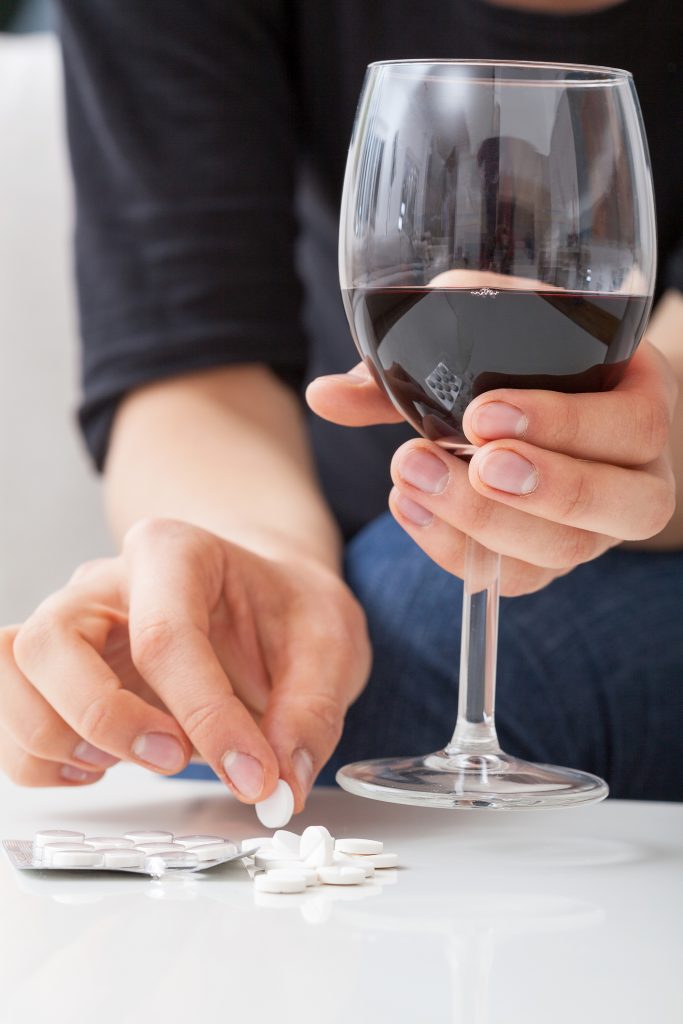Author: Shernide Delva
The controversy surrounding the Megyn Kelly Sunday Night show continues. The first investigation piece on drug addiction focused on issues plaguing the South Florida recovery community.
Now, Megyn Kelly returns to cover addiction treatment, and this time her show is highlighting another polarizing subject: harm reduction programs. On Sunday night, Megyn Kelly’s shows featured The Sinclair Method. The Sinclair Method is a harm reduction treatment program that allows patients who struggle with alcohol use disorder to continue drinking.
The segment introduces viewers to Marisa, a 25-year-old binge drinker. The crew follows Marisa around for day one of her introduction to The Sinclair Method.
First Marisa sees a doctor, who gives her a prescription. Shortly after taking the prescription, she has a drink. According to Marisa, her intense cravings to binge disappears.
“I feel like I could have another drink or not have another drink and be totally fine,” she tells the camera.
What changed?
The apparent miracle pill is naltrexone, a commonly used opioid antagonist typically used to treat heroin addiction. However, under The Sinclair Method, the drug is used to treat alcoholism.
“The drug blocks pleasure receptors in the brain―a buzzkill,” Melvin explains in a voiceover. “And when combined with psychotherapy sessions, the theory goes, eventually the cravings go away.”
Essentially, the idea behind the program is patients take naltrexone before drinking and over time, the desire to excessively drink diminishes. For Marisa, the unorthodox treatment seems to have worked. Only three months after starting the treatment, she told NBC she had lost her drive to drink.
Still, this approach is far from traditional. The 12-step model of addiction promotes abstinence only treatment. The show highlighted an interview with Hazelden Betty Ford’s executive director, Chris Yadron.
“The 12 steps are crucial because it’s a spiritual program of recovery,” he told Melvin.
Dr. Mark Willenbring who once ran the NIH’s alcohol recovery research defended The Sinclair Method, added that 12-step approaches do not rely on modern science.
“We don’t send someone with diabetes to a spa for a month, teach them diet and exercise and then say, ‘Go to support groups, but don’t take insulin.’ I mean, that’s the absurdity of what we’re doing now,” he said. “We’re still providing the same pseudo treatment that we provided in 1950. And 85% of rehabs in the country are 12-step rehabs. People don’t have any choice.”
The tension between abstinence-based and harm-reduction approaches to treatment has created a long-standing controversy in the recovery community. Throughout the segment, tweets were displayed from people who were for and against harm reduction strategies.
“This is very troublesome to see that some doctors are giving people with a thinking disease a “magic” pill,” tweeted one user.
Others felt the treatment option provides another solution than the standard abstinence-only approach. We’ve seen harm reduction programs like Moderation Management receive massive criticism, specifically after the founder, Audrey Kishline, killed a 12-year old girl and her father while driving in an alcoholic blackout.
Overall, programs like these remain controversial and risky. It is best to get treatment to address the underlying issues behind your addiction. If you are struggling with mental illness or addiction, please call now.
